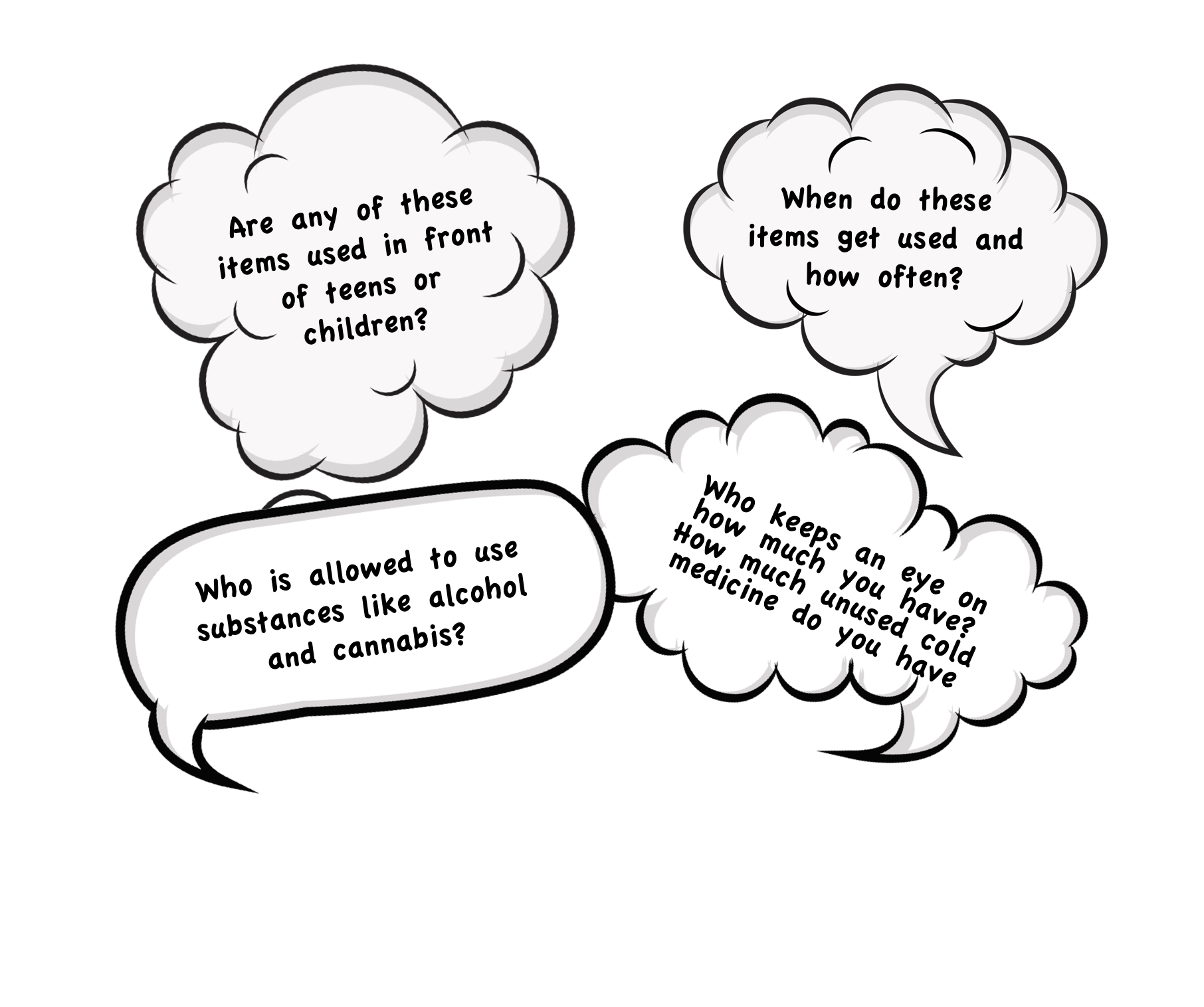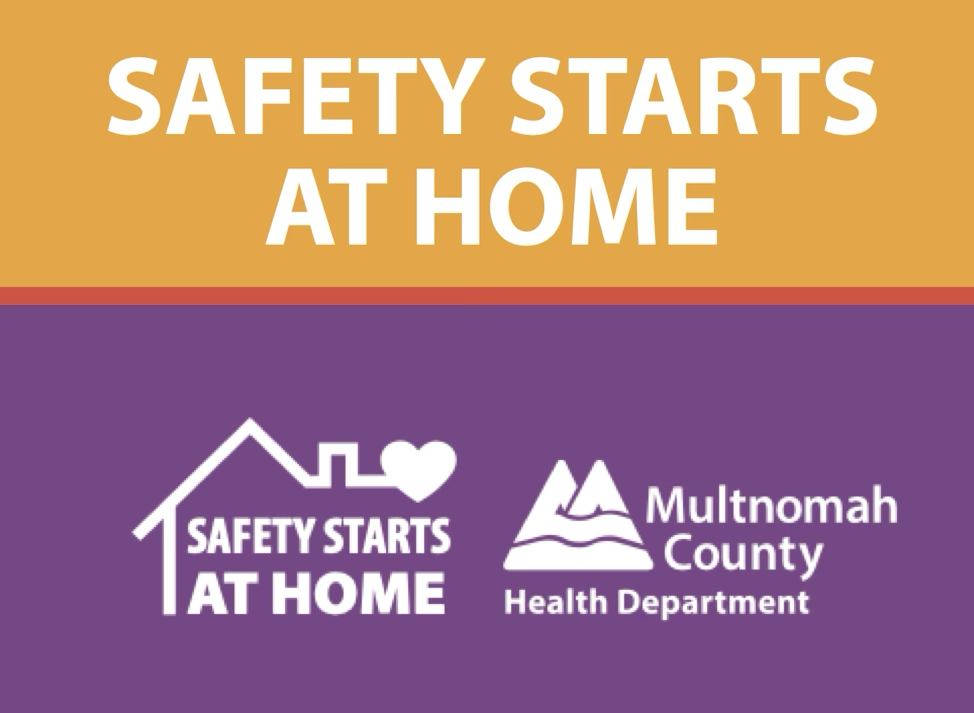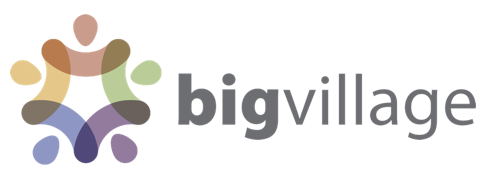
Keep It Safe
The first step in KEEPING IT SAFE is to talk as a household about the substances that are kept in your home. From medications like cough syrup and prescription opioids to other substances like alcohol and marijuana, it’s important to set boundaries.

Discard unused medications regularly. Safely dispose of prescription drugs at a local pharmacy near you for free. Want an even easier option? Google “medication disposal near me”
According to the 2019 National Survey on Drug Use and Health:
- 9.7 million people misused prescription pain relievers
- 4.9 million people misused prescription stimulants
- 5.9 million people misused prescription tranquilizers or sedatives in 2019.
Too often, unused prescription drugs find their way into the wrong hands. That’s dangerous and often tragic. That’s why it was great to see thousands of folks from across the country clean out their medicine cabinets and turn in – safely and anonymously – a record amount of prescription drugs.

The Multnomah County Health Department’s “Safety Starts at Home” initiative provides free resources to help prevent the misuse of medications and unauthorized access to firearms. These tools are available to Multnomah County residents at no cost, while supplies last.
Click the button below to request items.
Tips for KEEPING IT SAFE
Marijuana Products
- Store marijuana products in clearly labeled and secure containers. You can find locking storage bags like this one online. Storage bags can be purchased online, or you can receive one through Big Village if you donate to our work today – see details on our donate page now!
- Often, marijuana edible options look and taste similar to candy or other sweet treats. If you’re sharing a home with children or anyone who might want a nibble, consider how you will store and clearly label them. Consider a fridge locker or mini fridge to keep things separate.
- Model safe consumption of marijuana products. Avoid being under the influence in front of youth of any age, and ensure another adult is present to watch over you and your family. This will provide you with someone who is capable of helping should an emergency or distressing situation arise.
- If you’re unable to keep things locked and secure, keep items out-of-reach, and in less obvious locations (avoid bedside tables, sock drawers, etc.). Make sure to share any precautions you’ve taken with individuals in your home that may need to know (baby sitters, house sitters, care-givers, or local authorities if necessary).
- Have a conversation about marijuana use in the home: If you’re a parent, and it feels appropriate, have a conversation about marijuana in your home. Some questions you may want to prepare for include:
- Why do you use marijuana?
- Why can’t your child have it?
- What does marijuana do for the body and brain?
Alcohol
- Model safe consumption of alcohol in your home. Ensure you are modeling health coping strategies for handling stressful days and celebrating events with family and friends.
- Monitoring your liquor cabinet and refrigerator to ensure you know how much alcohol you have at any given time. Often families will have items that go untouched for quite a while (think… wine purchased for recipes or special occasion liquor).
- Consider securing alcohol with a lock, or in a locking cabinet for safekeeping.
- If you are a parent or live with teens in your home, have regular conversations about alcohol and other substances in your home.
Conversation topics should include:
- Your expectations around alcohol and substance use. Data shows that parental influence is still the #1 reason teens choose not to drink. Remind your teen that you don’t want them to drink, and that most teens aren’t drinking. Here’s a resource for establishing a family agreement about alcohol use.
- Talk with your teens about how to say “no” if offered something. Your Life Counts has a list of 20 suggestions.
- Create a plan with your teen on what to do if they find themselves in a situation where drugs or alcohol are present. If your child is at a friend’s house where kids are drinking, they can text you a code word, and you’ll know to come pick them up, or tell them they need to come home as soon as possible. That way your child has an “out” without having to confront the peer pressure directly.
Prescription drugs and other medicines
- When taking prescription drugs, be sure to only use them as directed to you by your healthcare professional.
- Don’t take larger or more frequent doses of your medications, particularly medications prescribed for pain, unless directed by your healthcare professional.
- Read all warning labels, Some medication cannot be taken safely when taken with other medicines or when drinking alcohol.
- Keep medications in their original containers.
- Have conversations about the medications in your home with the people you share your home with. Make sure everyone knows the possible side effects.
- Keep an eye on the amount of medications (including over the counter medicines like cough and cold medicines or pain and fever reducers) in your home to make sure they are used appropriately.
- Dispose of unused, unneeded, or expired prescription drugs. Follow federal guidelines for how to best do this.
- If you can’t find a location to dispose of your prescription medications, consider using a safe at-home disposal method like deterra or mixing the medicine in with an unappealing substance like used coffee grounds, soil, or cat litter – seal them in a plastic bag and dispose of them in the trash.
- Store prescription drugs and other medicines in a secure location, out of the reach of young children. Consider a locking cabinet or lock box (found on amazon) to store medications.

Get in Touch. Get Involved.
Vivamus suscipit tortor eget felis porttitor volutpat. Nulla quis lorem ut libero malesuada feugiat. Vivamus suscipit tortor eget felis porttitor volutpat. Proin eget tortor risus.
